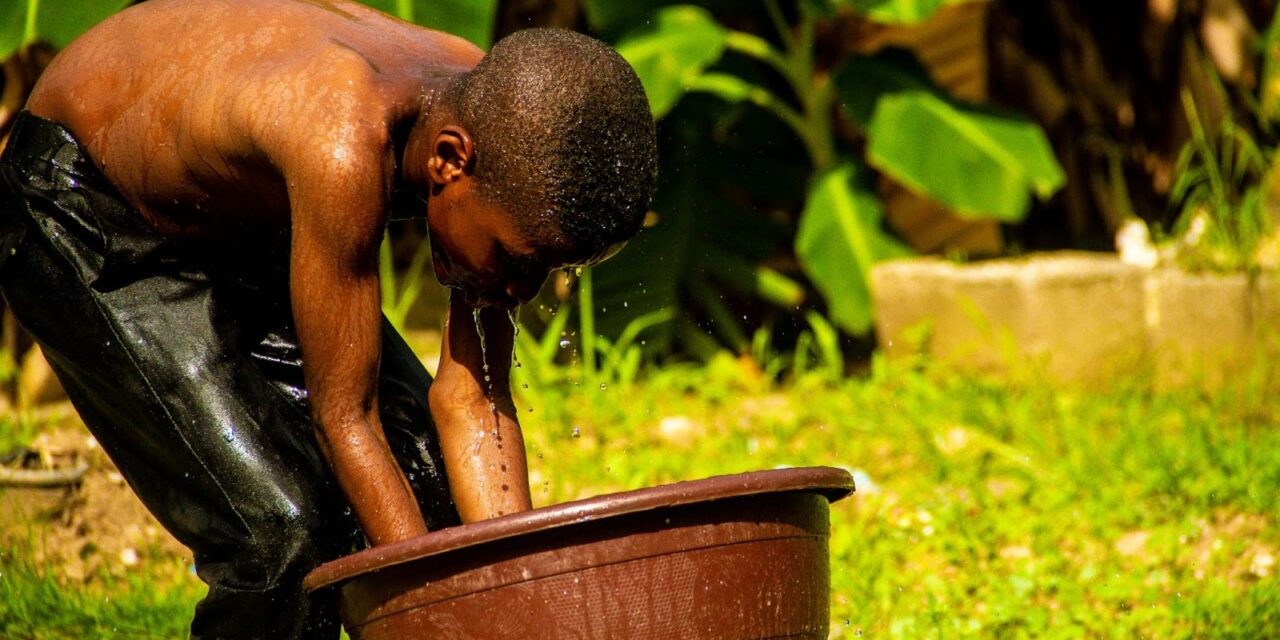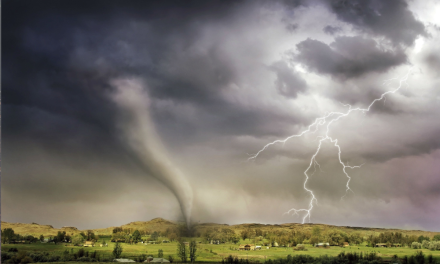A recent and intense heatwave across Montreal has tragically claimed the lives of three individuals, according to public health officials. As the city experiences unseasonably high temperatures, health experts are issuing warnings and emphasizing community responsibility in safeguarding vulnerable populations.
The Latest on the Heatwave Fatalities
Montreal’s health authorities confirmed that three deaths have been officially attributed to the heatwave. While investigations are ongoing, medical personnel have been advised to report any deaths suspected to be heat-related within 24 hours. This real-time tracking allows public health officials to monitor the impact closely and react quickly to emerging risks.
Hospitals have also been asked to provide data on heatstroke cases and emergency visits related to the heat. These measures are part of a larger plan to ensure early detection and intervention.
Why Montreal Is Particularly Vulnerable
Montreal has historically shown high vulnerability to extreme heat. Between 2000 and 2020, the city recorded more heat-related deaths than any other in Canada, including Toronto. Several factors contribute to this troubling trend:
- A large number of older adults live alone in high-density, low-income housing without air conditioning.
- The urban heat island effect in densely developed areas.
- A higher prevalence of chronic illnesses among residents.
- Language or mobility barriers prevent some individuals from accessing cooling centers or community alerts.
Looking Back: The 2018 Heatwave
Montrealers still remember the devastating heatwave of 2018, when 66 people lost their lives in just a few days. That tragedy prompted the city to strengthen its emergency response strategies. Some of the most effective changes included:
- Establishing emergency cooling centers across the city.
- Deploying firefighters and police to check in on at-risk residents.
- Expanding hours at public pools and splash pads.
- Planting more trees in heat-prone neighborhoods to provide natural cooling.
Despite these efforts, the rising frequency and intensity of heatwaves due to climate change make this an ongoing battle.
Who’s Most at Risk?
According to public health data, the following groups are most at risk during extreme heat events:
- Seniors, especially those over 65, are living alone.
- Individuals with chronic illnesses (heart disease, diabetes, respiratory conditions).
- People with mental health conditions.
- Low-income renters without access to air conditioning.
- Residents of neighborhoods with limited green space and high concrete density.
Public health officials urge people to stay informed and proactive. Knowing the signs of heat exhaustion and heatstroke can save lives.
Safety Tips During Heatwaves
If you or your loved ones are in Montreal or anywhere experiencing a heatwave, follow these basic but vital guidelines:
- Stay hydrated: Drink water consistently, even if you don’t feel thirsty.
- Cool off: Spend time in air-conditioned buildings or shaded areas.
- Avoid strenuous activity: Especially during the hottest part of the day (typically 11 a.m. – 4 p.m.).
- Dress appropriately: Wear light-colored, loose-fitting clothing and use hats or umbrellas when outdoors.
- Check on others: Especially elderly neighbors, those with disabilities, and people living alone.
What Authorities Are Doing
City officials and health authorities are continuing to monitor the situation. Hospitals, first responders, and social workers are coordinating to ensure services are available and vulnerable individuals are reached. They are also working to enhance public messaging through social media, local news outlets, and community partnerships.
The city continues to invest in longer-term solutions such as increasing urban greenery, improving housing insulation, and offering subsidies for air conditioning units to low-income residents.
Looking Ahead: Climate and Community Resilience
Experts warn that such heat events will only become more frequent due to global climate change. In Montreal, the number of days exceeding 30°C is projected to triple over the next 10–15 years. The need for climate-resilient infrastructure and inclusive emergency response plans has never been more urgent.
This recent tragedy serves as a powerful reminder: public health and climate preparedness go hand in hand. By protecting our most vulnerable, we protect the entire community.
Final Thoughts
As Montreal mourns the loss of three residents due to the ongoing heatwave, public health officials are urging residents to stay vigilant. Extreme heat isn’t just uncomfortable—it can be deadly. Community awareness, prompt action, and care for one another are our best defenses.
Let this be a wake-up call, not just for Montreal, but for all cities facing the growing threat of climate-driven weather extremes. Our collective response now will define our resilience in the years to come.











